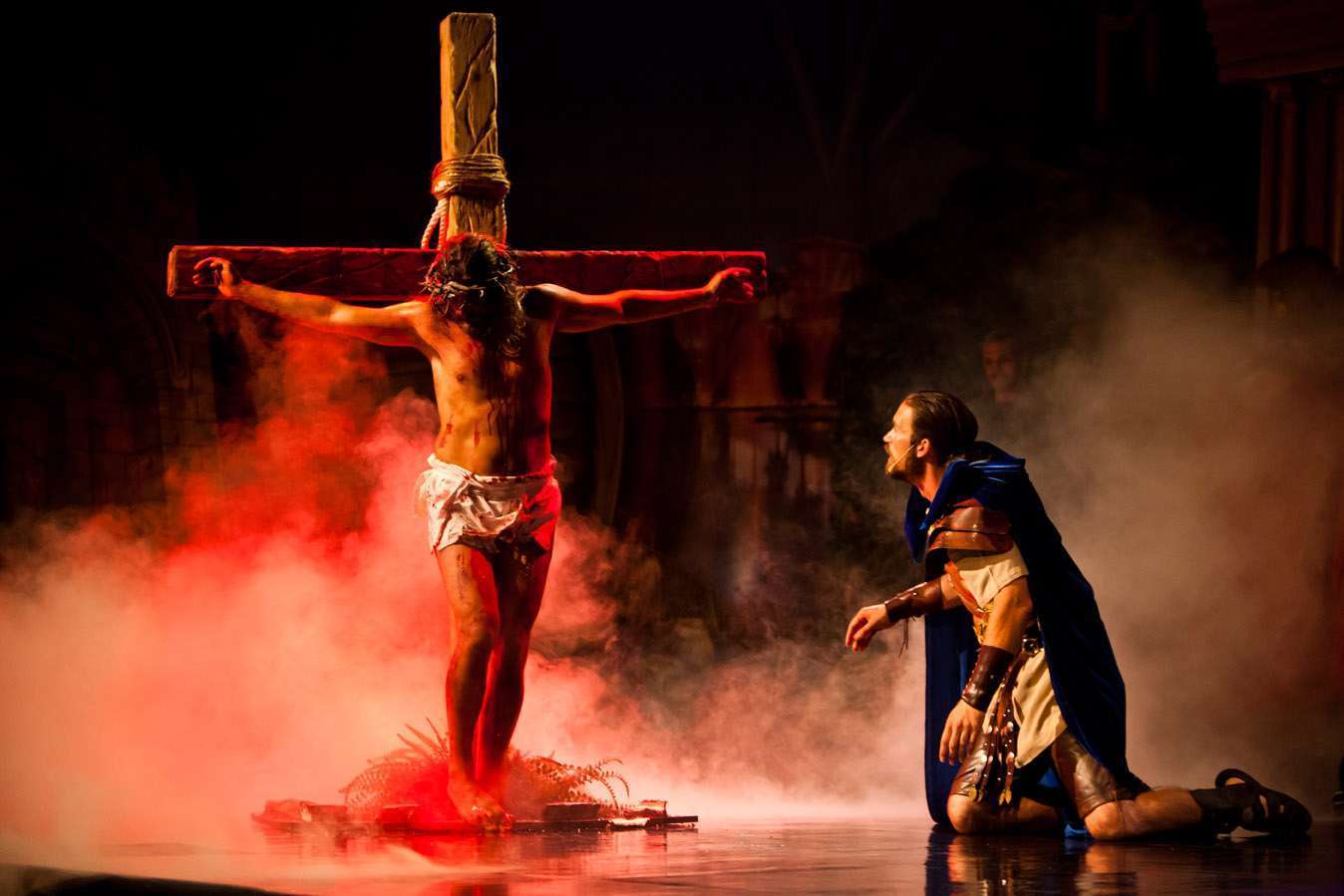
Christianity is unlike any other religion for many reasons. First, it’s not a religion – it’s about an intimate relationship with God, but we’ll not go into all the other differences, except to note that unlike other religions, Christianity can trace its origin to one particular event in one moment on a single day in history: the resurrection.
When Jesus appears to the women at the tomb, he is very nonchalant in the Greek when he said, “Greetings!” It’s as close as you could come to saying something so ordinary, like: “Hi! How are you doing? Nice day, isn’t it?” Almost as if Jesus were saying, “You were expecting this, right? I told you I’d do this!”
John Ortberg wrote about it in Who Is This Man?: Sunday changed everything, but not in the way many people think. From our point of view 2000 years later, many people think of Easter as a comforting story that says, ‘Spring is coming. Flowers are blooming. Life is eternal. Everything is going to work out.’ But the response to the resurrection on the first Easter in the Gospels consistently includes fear. In fact, people were more afraid after the resurrection than they were before. And none of the gospel accounts have Jesus or the angels saying, ‘Now you don’t have to worry about dying anymore.
“What Jesus does say to his followers is that there is work to be done. In effect, ‘The cross didn’t stick. Their plan to stop my movement didn’t work. It’s going to go on. Matter of fact, my plan to love even your enemies, to be willing to sacrifice, suffer, and even die for the sake of love has been vindicated by my Father.”
“They’re really going to be ticked off now. Pilate and the chief priests have already plotted to squelch this news. They are furious. They are desperate. I’ve leaving now. So you go, you women, you disciples. Tell them all that the cross failed, Caesar failed, Pilate failed, the chief priests failed. Now they have you to contend with.”
Ortberg continues: “On Sunday their lives didn’t get safer; their lives got a lot more dangerous. What got released on Sunday was not comfort. Also, what got released on Sunday was not assurance about life after death.”
“What got released on Sunday was hope. Not hope that life would turn out well. Not even hope that there will be life after death. Hope that called people to die: die to selfishness and sin and fear and greed, die to the lesser life of a lesser self so that a greater self might be born. And many people did.”
What did you celebrate a couple weeks ago? It isn’t wrong to celebrate the resurrection. But did you also consider what it means – what the implications are for the rest of your temporal life? I doubt few of us gave that much thought, but we should. It was the day the world became dangerous if you wear the name “Christian.”
PRAYER: Sometimes in our celebrations we forget the seriousness of our calling, Lord. Let us not fear what man can do to us, but boldly proclaim the resurrection! In Jesus’ name, Amen.
Copyright 2022 by Galen C. Dalrymple.








